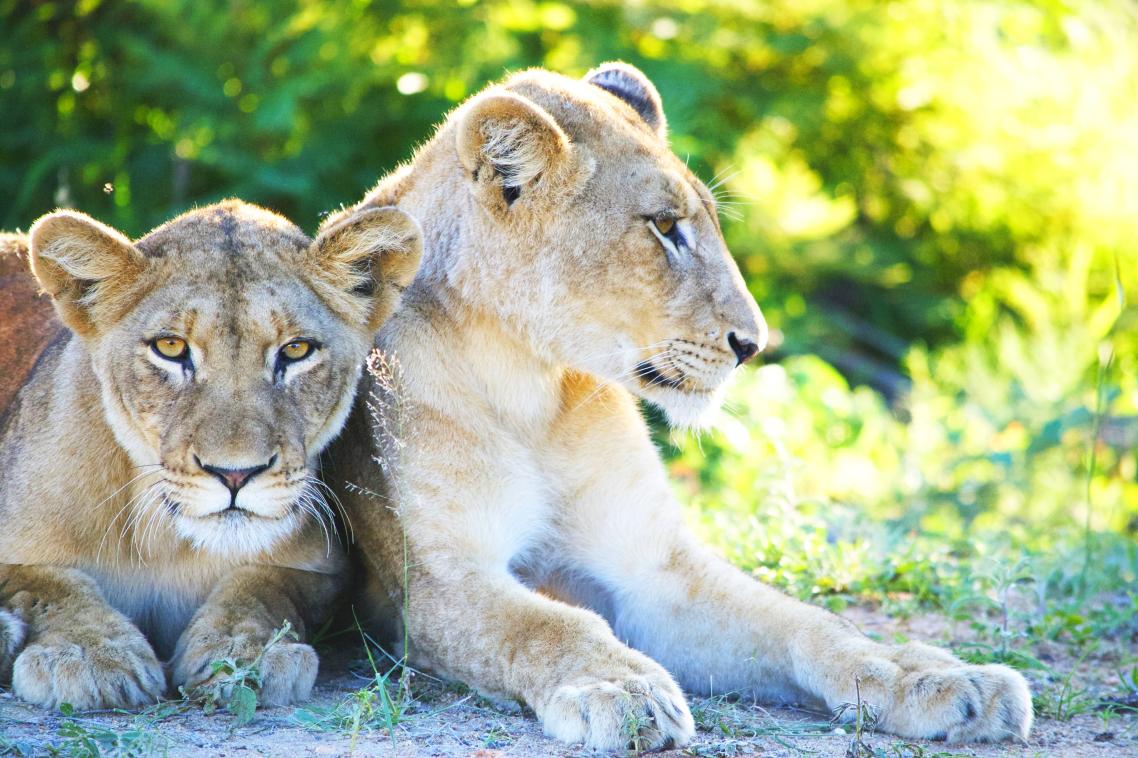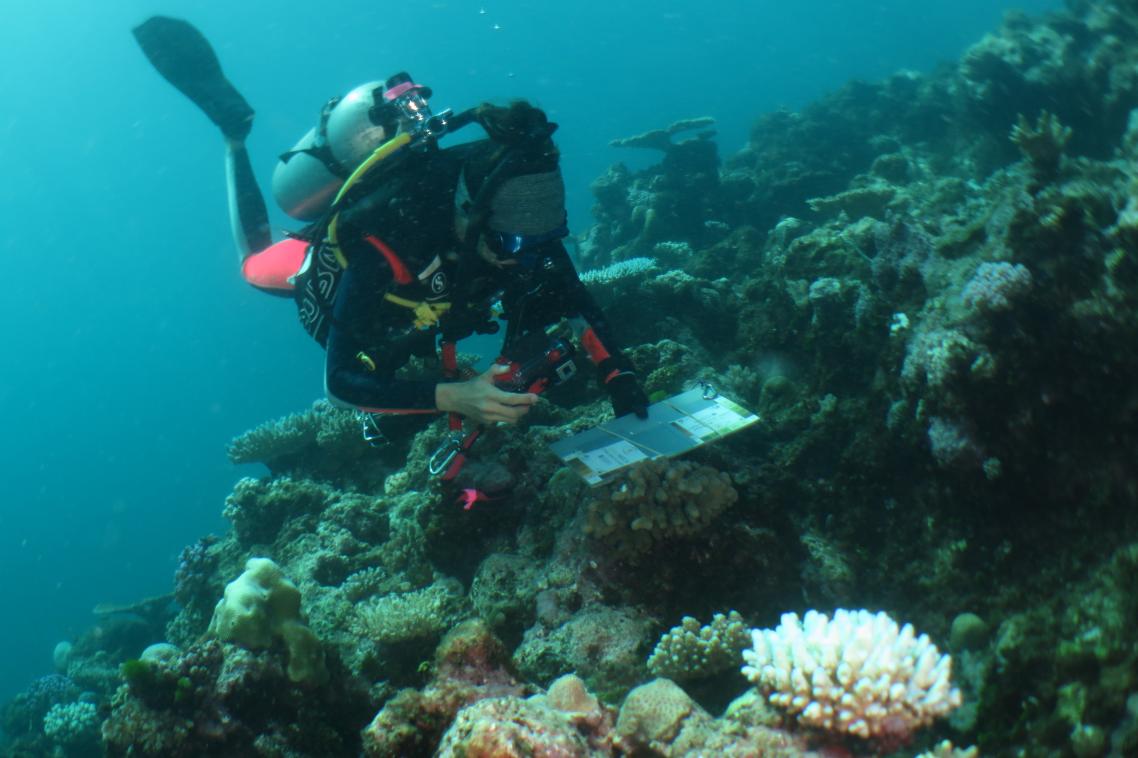Reviled animals could be our powerful allies

Animal carnivores living in and around human habitation are declining at an unprecedented rate – but they may provide crucial benefits to human societies.
An international review led by University of Queensland researchers has revealed that predators and scavengers ranging from bats to leopards and vultures are valuable to human health and well-being.
UQ School of Earth and Environmental Sciences PhD student Christopher O’Bryan said the study showed examples of native predators and scavengers providing services including disease regulation, agricultural productivity and waste disposal.
Predators and scavengers such as big cats in Africa and Asia or dingoes in Australia are a large source of conflict to humans, but there are many examples where they may provide benefits,” Mr O’Bryan said.
“Our paper identifies studies that have shown these benefits across a broad spectrum.
“These include US mountain lions reducing deer-vehicle collisions, bats saving corn farmers billions of dollars each year by reducing crop pests, and vultures saving millions in livestock carcass removal.
“These benefits may affect areas across the globe where predators and scavengers are present.
“For example, there is a link between the presence of bats and increased coffee production that could have great economic impacts in developing countries, as coffee is a major commodity.”
The research aimed to evaluate positive and negative effects on human well-being through an extensive review of recent studies.
“The literature shows that we know a lot about the negative impacts of predators and scavengers, but we are just now beginning to understand the potentially irreplaceable services these animals can provide,” Mr O’Bryan said.
“If we lose these animals, we may be in trouble.”
Australian Research Council Fellow Dr Eve McDonald-Madden said research into these benefits would improve evaluation of the implications of decisions affecting many vilified species.
“We can then highlight those situations leading to win-wins for both predators and people, thus enhancing the protection of one of the world’s most threatened groups of animals,” she said.
Mr O’Bryan is an Invasive Animals Cooperative Research Centre scholar.
The research (The contribution of predators and scavengers to human well-being) is published in Nature Ecology & Evolution (DOI: 10.1038/s41559-017-0421-2).
Media: Christopher O’Bryan c.obryan@uq.edu.au, +61 449 599 035; Dr James Watson jwatson@wcs.org; Dr Eve McDonald-Madden, e.mcdonaldmadden@uq.edu.au.
Reviled animals could be our powerful allies from The University of Queensland on Vimeo.
Related articles

Superconducting germanium made with industry-compatible methods

Under the surface: how genetics could save the Great Barrier Reef
Media contact
UQ Communications
communications@uq.edu.au
+61 429 056 139
